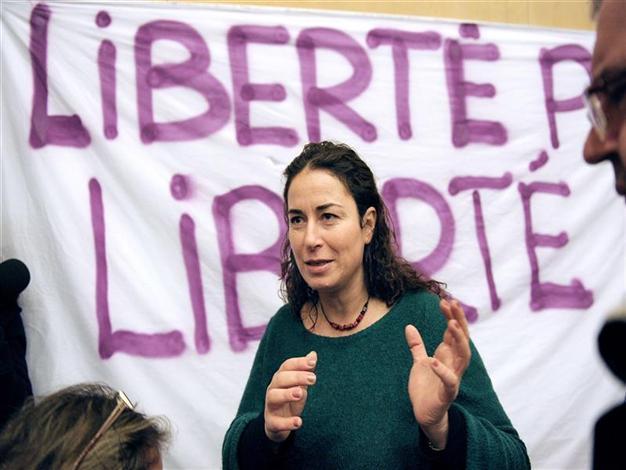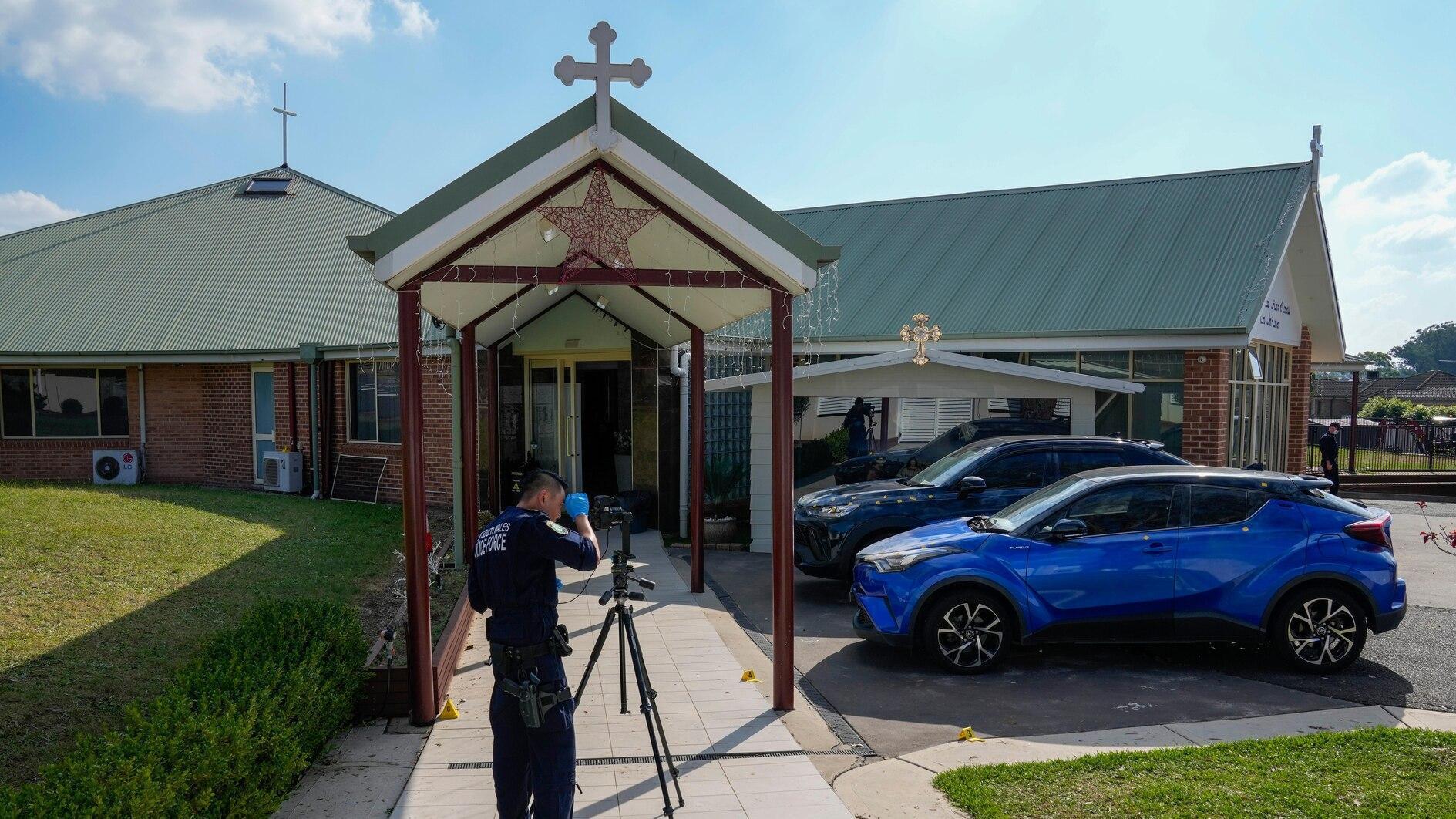Sociologist Selek handed life in prison for alleged bombing
ISTANBUL - Hürriyet Daily News

Turkish sociologist Pinar Selek gestures as she attends a support meeting in her honor at the university of Strasbourg, on January 24, 2013 in Strasbourg, eastern France. AFP PHOTO/FREDERICK FLORIN
Famous sociologist Pınar Selek was sentenced to aggravated life imprisonment today after an Istanbul convicted her of bombing Istanbul’s famous Spice Bazaar in 1998 despite being acquitted of the same charge three times in the past.
Selek said she was shocked by the verdict.
“I am shocked by the verdict; it is the first time the court found me guilty. I have been acquitted three times before. This is a first, tomorrow I will have a press meeting,” Selek told the Hürriyet Daily news by phone.
"I know that people won't let me be sacrificed,” Selek said.
“I want my acquittal back. It is so hard to express what I feel about this scandalous legal situation. It is like asking a woman how she feels after she was subjected to violence but I can tell you how I remain standing after 15 years. There is incredible solidarity with me,” Selek said today.
An arrest warrant was also issued for Selek, who has been living in Strasbourg, France, pursuing her academic studies. Along with more than 30 nongovernmental organizations and political party representatives from France, human rights activists from Germany, Italy and Austria attended yesterday’s hearing at Istanbul’s Çağlayan Courthouse.
Nearly 150 people staged a protest before and during the trial. Abdülmecit Öztürk, another suspect, was also sentenced to life imprisonment.
Selek’s case has been ongoing since 1998, when she was detained in July by the Istanbul Police Department. Selek was detained during her studies regarding the Kurdish issue and sent to prison, where she refused to name the people she had interviewed during her research and underwent severe torture in addition to her work being confiscated. After two and a half years in prison, she was released in December 2000.
The guilty verdict was meted out in spite of the chief judge, who believed Selek should have been freed, only to outvoted by his colleagues on the court board.
Selek was convicted of the bomb even though specialists have routinely said they do not believe the explosion was caused by a bomb. In its June 2000 report, Istanbul University’s Analytic Chemistry Department wrote, “The prosecutor’s report is not scientific, it is written with an intention to mislead the court. Nitrocellulose can be found in several substances, but it is not proof of the presence of a bomb.”
Similarly, in its July 2000 report, The Cerrahpaşa Medical Faculty’s Forensic Department also said the prosecutor’s report was not scientific, concluding, “None of the evidence matches with injuries inflicted by the explosion of a bomb.”
Three expert professors assigned by the court declared the explosion was definitely due to a gas leak, not because of a bomb.
















